Carbon tetrachloride
City of Jackson
Carbon tetrachloride, a volatile carcinogenic solvent, has been used in industrial chemical production and as a dry cleaning ingredient. Read More.
Carbon tetrachloride is no longer permitted in products intended for home use in the U.S. In the past, it was widely used as a dry cleaning ingredient, fire extinguishing chemical, pesticide and chemical intermediate for manufacturing refrigerants. Carbon tetrachloride does not break down easily and can remain in groundwater for years. In addition to increasing cancer risk, carbon tetrachloride harms the liver and causes central nervous system depression, irregular heart rate, and kidney damage. Maternal exposure to carbon tetrachloride in drinking water has been associated with a risk of birth defects.
Samples
Samples exceeding legal limit (MCL)
Samples exceeding
health guidelines
Testing results - average by year
| Year | Average result | Samples taken | Detections | Range of results |
|---|---|---|---|---|
| 2013 | N/A | 0 | 0 | N/A |
| 2014 | N/A | 0 | 0 | N/A |
| 2015 | N/A | 0 | 0 | N/A |
| 2016 | N/A | 0 | 0 | N/A |
| 2017 | N/A | 0 | 0 | N/A |
| 2018 | N/A | 0 | 0 | N/A |
| 2019 | N/A | 0 | 0 | N/A |
ppb = parts per billion
State and national drinking water standards and health guidelines
EWG Health Guideline 0.1 ppb
The EWG Health Guideline of 0.1 ppb for carbon tetrachloride was defined by the California Office of Environmental Health Hazard Assessment as a public health goal, the level of a drinking water contaminant that does not pose a significant health risk. This health guideline protects against cancer.
EPA Maximum Contaminant
Level (MCL) 5 ppb
The legal limit for carbon tetrachloride, established in 1987, was based on analytical detection limits at the time that the standard was set. This limit does not fully protect against the risk of cancer due to carbon tetrachloride exposure.
ppb = parts per billion
All test results
| Date | Lab ID | Result |
|---|
